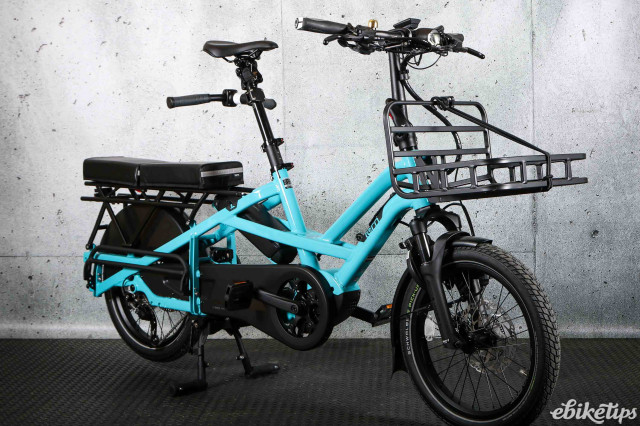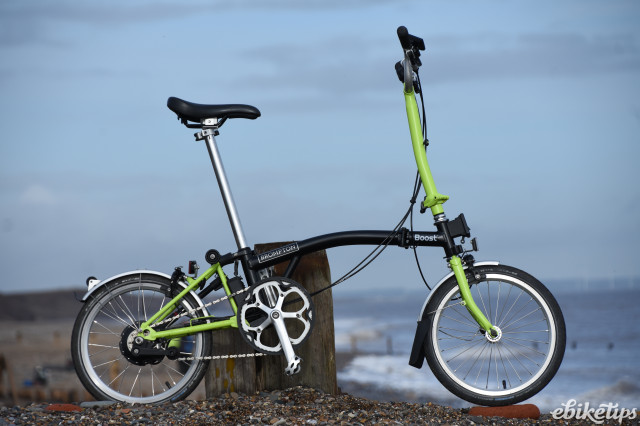The Transport Bill that will legalise e-scooters through the creation of a low-speed, zero-emission vehicle category has been pushed back until late next year at the earliest. Responding to the postponement, the CEO of one UK micromobility firm warned that the continued uncertainty meant that investment in the industry was being “choked off” and could mean some firms would go bust.
While it is perfectly legal to buy an e-scooter yourself, you can’t actually ride one anywhere in the UK other than on private property. Only rental e-scooters that are part of a government-approved share scheme can legally be ridden on public roads (including some that can be rented on a long-term basis).
This is set to change with a new Transport Bill, which was introduced in the 2022 Queen’s Speech. This was originally due to be put to parliament in the current parliamentary session, which runs until spring 2023. However, it’s now been reported that it will be pushed back until the next year-long session at the earliest.
Paul Hodgins, the CEO of Ginger, which operates e-scooter rental schemes in eight UK locations, warned that the ongoing uncertainty was stymieing the industry.
“This ongoing delay is doing great damage to an important future industry that we need for future jobs,” he told Zag Daily.
“Emerging British companies are in danger of not surviving because investment is choked off by the uncertainty. This is where future transport is going, and these delays are inadvertently ensuring the industry ecosystem and high value jobs will go elsewhere.”
And it is, of course, not just jobs that are at stake. One of the UK’s largest e-scooter brands, Pure Electric, has been aligning its products with German rules and regulations and safety standards – but without legislation this is only a voluntary move. E-scooters are currently on sale capable of far higher top speeds, among other differences.
This time last year, Selfridges came in for criticism for its decision to sell high speed e-scooters, such as the 'heavyweight' Kaabo Wolf Warrior 11, which is capable of speeds of up to 50mph.
Kumar Niketan, Road Safety Advocacy Officer at the Parliamentary Advisory Council for Transport Safety (PACTS) – a charity that advises members of the Houses of Parliament on air, rail and road safety issues – commented: “During the adjournment debate on the anti-social use of e-scooters, in the House of Commons on 8th December, the minister responsible for transport decarbonisation, Jesse Norman, recognised the need and benefits of early effective legislation but declined to give a timeline.
“The government has maintained that this legislation remains a priority. It is unfortunate to see that while the e-scooter-related casualties and fatalities are rising along with the illegal use of private e-scooters, the public, retailers and other stakeholders are still waiting for the government to act on their priority.”





